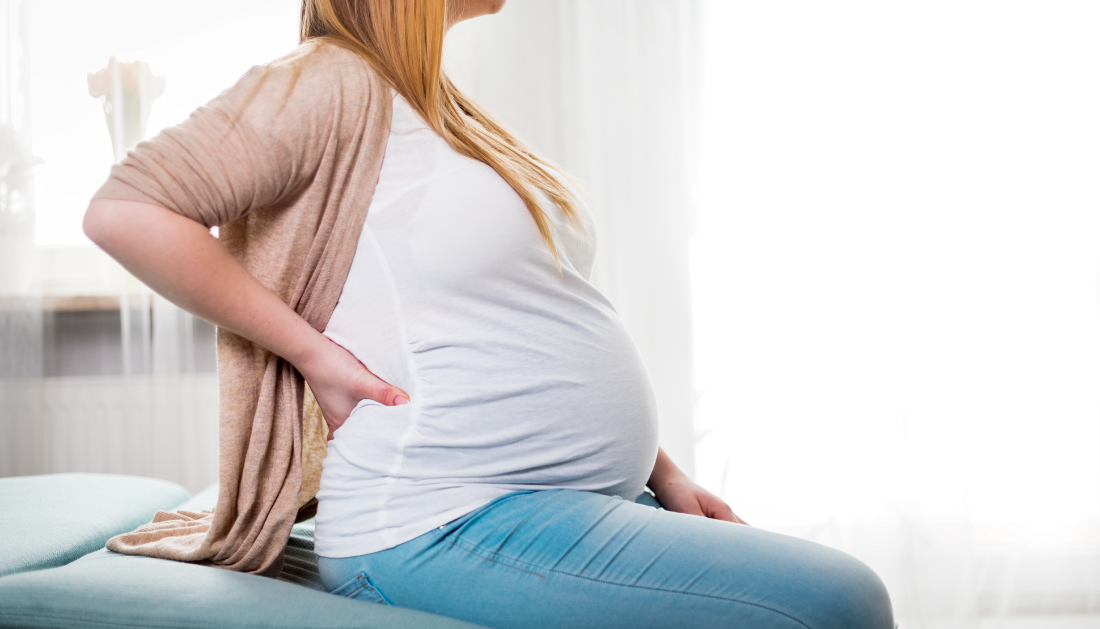

Cannabis during pregnancy increases the risk of premature birth, low birth weight, and neonatal intensive care in infants, according to a new study from researchers at the Centre for Addiction and Mental Health (CAMH) and the University of Toronto.
The study, which was published in the journal Addiction, also discovered that cannabis-exposed newborns are not at a higher risk of birth abnormalities or mortality within one year, including sudden unexpected infant death.
“The global increase in cannabis use among women of reproductive age also extends to pregnant women,” says Maryam Sorkhou, a PhD student and principal author on the study at the University of Toronto’s Temerty Faculty of Medicine’s Institute of Medical Science. “We know that THC, the main psychoactive constituent in cannabis, can cross the placenta from mother to fetus and bind to receptors in the fetal brain.”
Tony George, a clinician-scientist at CAMH and a professor in the Temerty Faculty of Medicine’s department of psychiatry and Institute of Medical Science, collaborated with Sorkhou on the project.
This study combined the findings of 57 previous investigations from throughout the world.
These investigations took place between 1984 and 2023 and involved the health outcomes of almost 12 million newborns, including over 102,000 infants who were exposed to cannabis before birth.
For example, 20 of the included studies assessed the relationship between intrauterine cannabis exposure and the risk of premature delivery.
The combined data suggest that moms who used cannabis during pregnancy were more than 1.5 times more likely to have a premature delivery than mothers who did not use cannabis during pregnancy.
Another 18 papers included in the review assessed the risk of low birth weight.
The combined findings suggest that mothers who used cannabis during pregnancy were more than twice as likely to have a low-birth-weight infant than mothers who did not use cannabis during pregnancy.
Ten of the included trials additionally assessed the likelihood of requiring NICU hospitalization.
The pooled data suggest that neonates with intrauterine cannabis exposure were more than twice as likely as non-exposed newborns to require NICU hospitalization.
“Our study adds to that knowledge by showing that prenatal exposure to cannabis heightens the risk of several adverse birth outcomes,” says Sorkhou.
For more information: Birth, cognitive and behavioral effects of intrauterine cannabis exposure in infants and children: A systematic review and meta-analysis, Journal Addiction
more recommended stories
 Acute Ischemic Stroke: New Evidence for Neuroprotection
Acute Ischemic Stroke: New Evidence for NeuroprotectionKey Highlights A Phase III clinical.
 Statins Rarely Cause Side Effects, Large Trials Show
Statins Rarely Cause Side Effects, Large Trials ShowKey Points at a Glance Large.
 Can Too Many Antioxidants Harm Future Offspring?
Can Too Many Antioxidants Harm Future Offspring?Key Takeaways High-dose antioxidant supplementation in.
 Anxiety Reduction and Emotional Support on Social Media
Anxiety Reduction and Emotional Support on Social MediaKey Summary Anxiety commonly begins in.
 Liquid Biopsy Measures Epigenetic Instability in Cancer
Liquid Biopsy Measures Epigenetic Instability in CancerKey Takeaways Johns Hopkins researchers developed.
 Human Antibody Drug Response Prediction Gets an Upgrade
Human Antibody Drug Response Prediction Gets an UpgradeKey Takeaways A new humanized antibody.
 Pancreatic Cancer Research: Triple-Drug Therapy Success
Pancreatic Cancer Research: Triple-Drug Therapy SuccessKey Summary Spanish researchers report complete.
 Immune Cell Epigenome Links Genetics and Life Experience
Immune Cell Epigenome Links Genetics and Life ExperienceKey Takeaway Summary Immune cell responses.
 Dietary Melatonin Linked to Depression Risk: New Study
Dietary Melatonin Linked to Depression Risk: New StudyKey Summary Cross-sectional analysis of 8,320.
 Chronic Pain Linked to CGIC Brain Circuit, Study Finds
Chronic Pain Linked to CGIC Brain Circuit, Study FindsKey Takeaways University of Colorado Boulder.

Leave a Comment